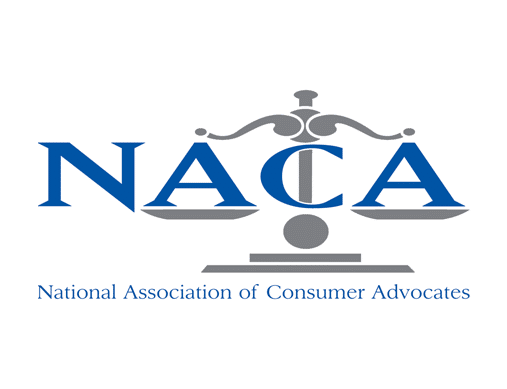Holy Cow: Supreme Court Does the Right Thing – Campbell-Ewald v. Gomez
Mr. Gomez received unwanted text messages from Campbell Ewald, a contractor for the navy. The messages touted Navy careers. Mr. Gomez asserted that at age 40, he was understandably not interested in Navy careers (and the Navy probably wasn’t interested in him), and he sued under the Telephone Consumer Privacy Act, a statute which tries to discourage unsolicited text messages by imposing liability against the sender of up to $1,500 per message if it is sent willfully. Mr. Gomez also sued on behalf of the class of other people who got the unsolicited messages. Campbell Ewald defended by offering $1,500 for each message Mr. Gomez received, then claimed the case was moot because Gomez could not obtain any more relief than what was offered. There was a split in the federal circuits on whether such an offer moots a case, so the Supreme Court accepted the case to settle the issue.
Much to our surprise, the Supreme Court ruled for Mr. Gomez, the plaintiff. The opinion, written by Justice Ginsburg adopted reasoning by Justice Kagan in an earlier dissenting opinion written by Justice Kagan when she was a court of appeals judge. The court ruled that an offer of judgment not accepted simply lapses. It only becomes relevant again on the issue of costs at the end of the case. (That is what a the plain text of the rule says.) The liberal-moderate wing was surprisingly joined by Justice Thomas in a concurring opinion making the ultimate decision 6-3.
The Campbell-Ewald case once again shows that the make-up of the Supreme Court is important, and who we elect as President makes a difference in who is on the court. Clinton-appointed Justice Ginsburg wrote the opinion, and Obama-appointee Kagan provided the persuasive reasoning.



